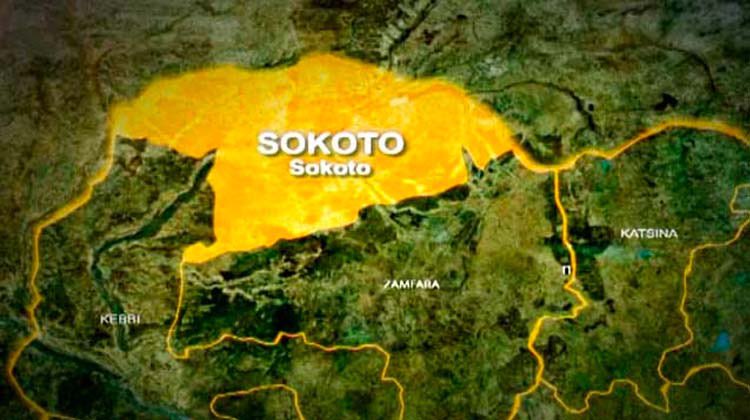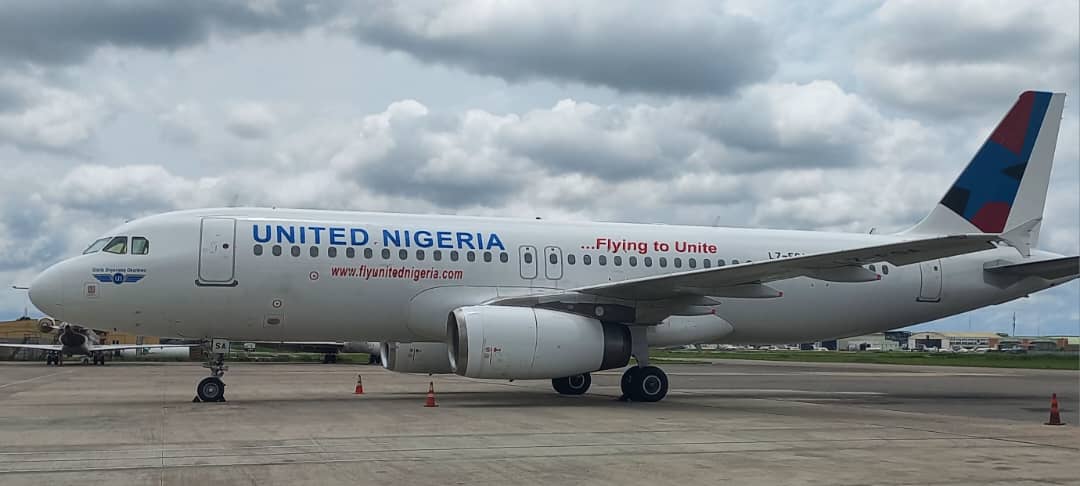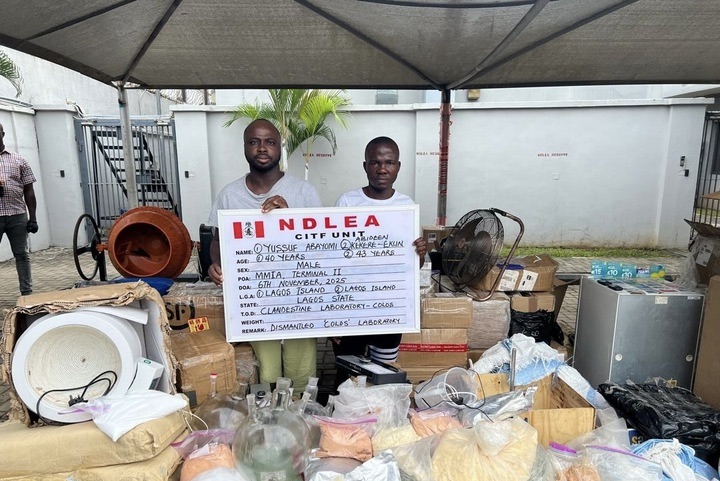Enugu State government has reaffirmed its commitment to the legality and transparency of its tax policies, just as it rolled out a roadmap for future fiscal administration in the state.
Chairman of the Enugu State Internal Revenue Service (ESIRS), Emmanuel Nnamani, stated that the government would not impose arbitrary levies on the people, stressing that “taxes and revenues in Enugu State remain within the limits of the law. We do not impose any levies outside what the law permits.”
Nnamani also debunked what he described as “false and misleading claims” circulating on social media regarding the state’s tax regime.
He told Journalists in Enugu that tax administration in the state was guided primarily by the Personal Income Tax Act (as amended), which empowers his agency to collect personal income tax through two principal means: Pay-As-You-Earn (PAYE) for individuals in formal employment, and Direct Assessment for those outside the formal sector adding that compliance is generally seamless among those in formal employment.
He, however, admitted that enforcement mechanisms—including legal action—are sometimes necessary to ensure compliance from others.
He noted that part of the challenges had been transitioning the informal sector—particularly market traders and transport operators—into the formal tax net.
“Upon assumption of office, it was discovered that 99 per cent of informal sector players were not remitting taxes to the state, largely due to the interference of non-state actors who collected revenues informally.
“In response, the state introduced a consolidated ₦36,000 annual levy for market traders. This fee covers various charges, including environmental sanitation (ESWAMA), Signage fee, LG Stollage, and Business Premises levies.
“Once this amount is paid between January and March, the trader owes nothing else for that year,” Nnamani emphasised, noting that after March 31st, defaulters become subject to enforcement action.
“Street-based vendors, who operate outside formal market structures, are expected to pay ₦30,000 annually, with ESWAMA charges handled separately. Transport operators—Okada riders, Keke drivers, minibuses, tankers, and trucks—operate under a daily ticketing system,” he explained.
Although the law prescribes penalties of 10 per cent and interest at MPR 27.5 per cent, Nnamani noted that the state has deliberately not enforced those punitive measures strictly on the informal sector, opting instead for a flat ₦3,000 sanction to encourage ease of doing business.
In response to the rising cost of rent in the Enugu metropolis, Nnamani dismissed claims linking it to taxation. He described the trend as “a nationwide challenge driven by demand and supply, not state tax policies.” He cited his personal experience with housing inflation dating back to 2015, long before the current administration began enforcing tax laws.
The shift from rental developments to private, gated residences, he said, has reduced housing stock, thereby increasing rental pressure.
“If we had more high-rise residential buildings, rent would drop. Government can’t regulate rent prices, but it can build to increase supply,” he noted.
“Plans are already underway, through the Ministry of Housing and Housing Development Authority, to construct mass housing and student hostels near institutions like ESUT and IMT, thereby freeing up city accommodation for the general public,” he disclosed.
According to him, to foster trust and eliminate guesswork, Enugu’s tax portal—www irs.en.gov.ng—now includes a “Tax Calculator” tool that allows residents to compute their obligations based on income, with full transparency. Nnamani encouraged comparisons with similar tools in other states, such as Lagos.
Responding to reports labelling Enugu as one of the most expensive states in Nigeria, Nnamani acknowledged the perception but attributed it to demand-pushed inflation, particularly in construction materials.






